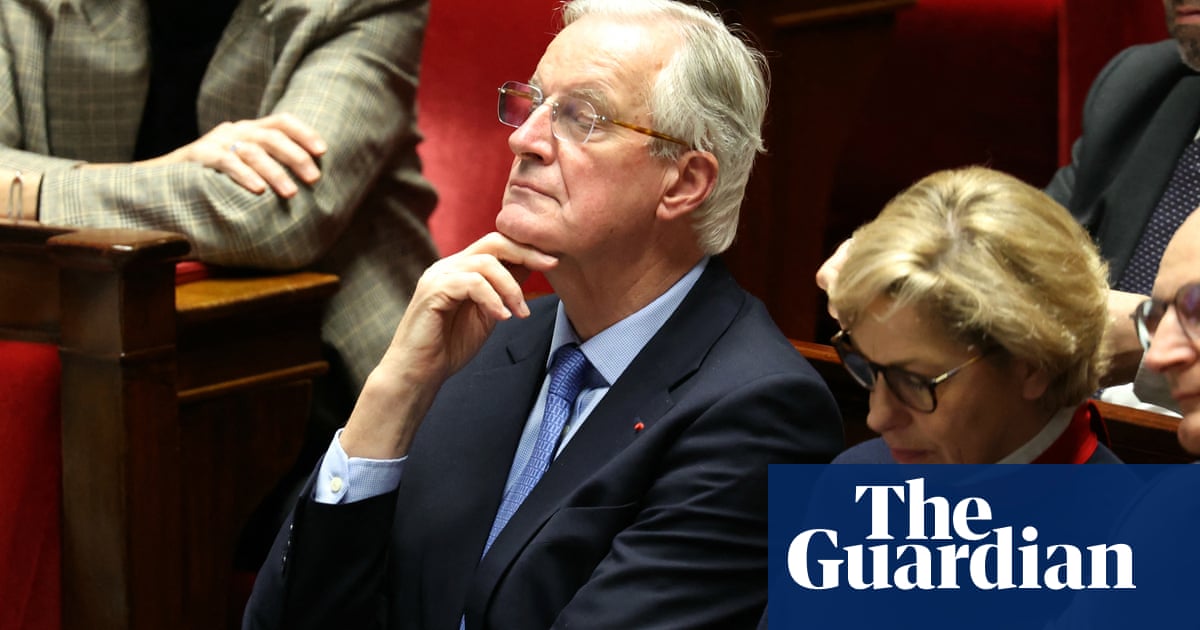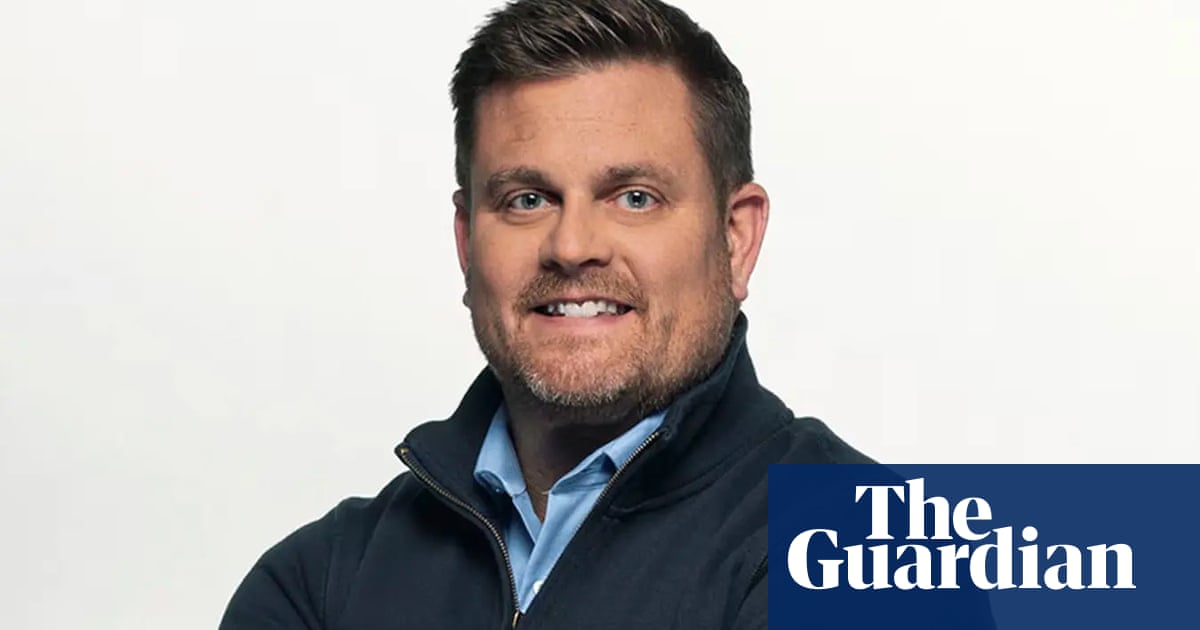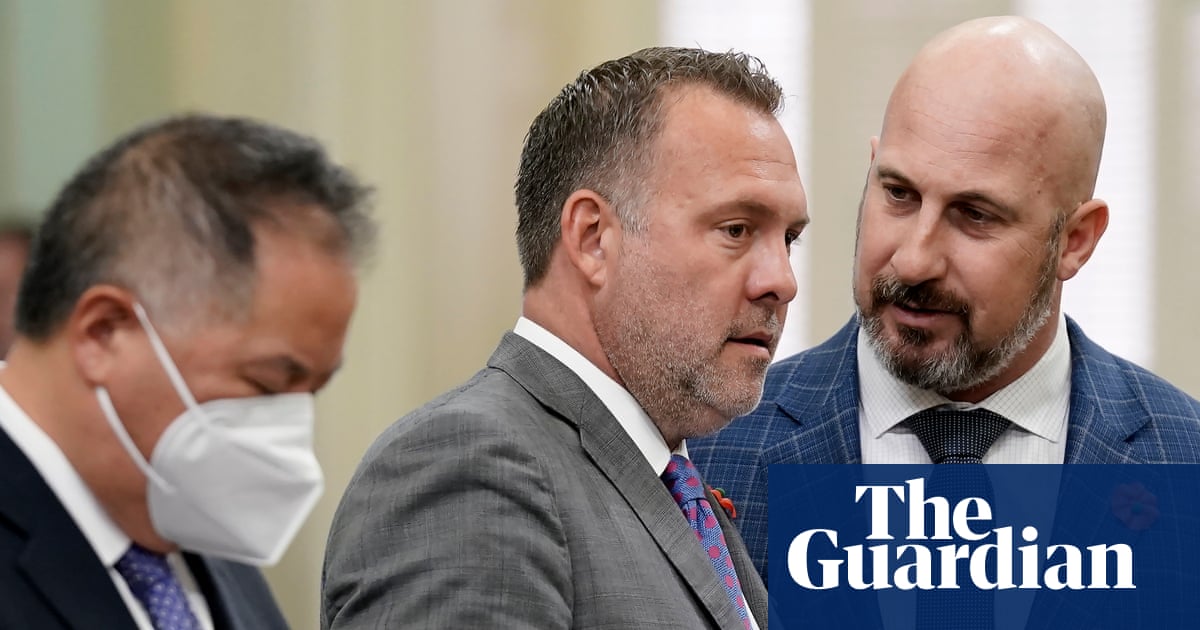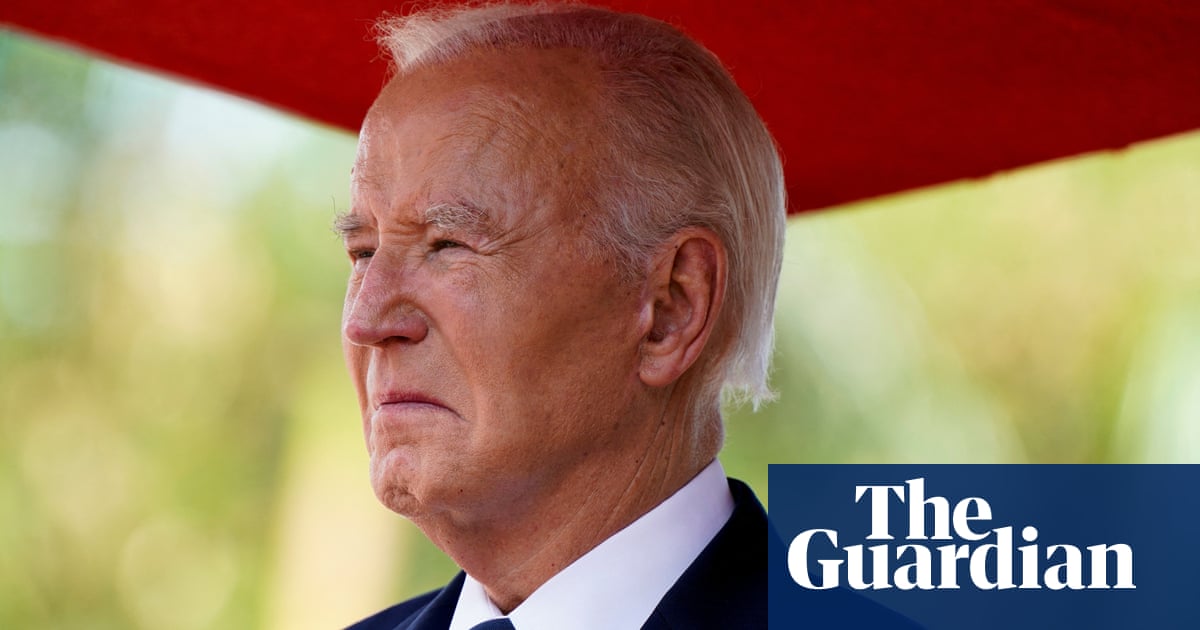France has been plunged into political crisis after a no-confidence vote brought down the government, ending the beleaguered minority coalition of the rightwing prime minister Michel Barnier after only three months.
The no-confidence motion brought by an alliance of left-wing parties was supported by MPs from Marine Le Pen’s anti-immigration, far-right, National Rally. A total of 331 lawmakers — a clear majority — voted on Wednesday night to bring down the government.
Barnier will have to resign as prime minister, having warned before the vote that France would be “plunged into the unknown”.
The toppling of the government leaves the president, Emmanuel Macron, facing the worst political crisis of his two terms as president. There is uncertainty over how a 2025 budget can be decided as France faces a growing public deficit, and over whom Macron could appoint as prime minister.
Macron, whose second term as president runs until spring 2027, is not obliged to stand down himself. He has ruled out resigning, calling such a scenario “political fiction”. But part of the left and far right called for his exit.
Wednesday’s vote was the country’s first successful no-confidence vote since a defeat for Georges Pompidou’s government in 1962, when Charles de Gaulle was president. The lifespan of Barnier’s government became the shortest of any administration of France’s Fifth Republic, which began in 1958.
No new parliament elections can be called before July 2025, narrowing Macron’s options faced with a deeply divided national assembly.
Since Macron called a sudden and inconclusive snap election in June, the French parliament has been divided between three groups with no absolute majority. A left alliance took the largest number of votes but fell short of an absolute majority; Macron’s centrist grouping suffered losses but is still standing and Le Pen far-right National Rally gained seats but was held back from power by tactical voting from the left and centre.
Barnier, the EU’s former Brexit negotiator, was appointed by Macron in September after two months of political paralysis this summer.
Barnier’s key task, which proved his downfall, was to vote through a budget for 2025 in which he said he would begin to tackle France’s deficit with €60bn in tax increases and spending cuts. But after weeks of standoff over the budget, Barnier on Monday pushed through a social security financing bill, using article 49.3 of the constitution, which allows a government to force through legislation without a vote in parliament. This sparked a no-confidence motion brought by the left alliance, and another brought by the far right.
after newsletter promotion
Barnier’s minority coalition had been essentially propped up by Le Pen, who, although outside government, had an unprecedentedly powerful role as Barnier attempted to placate her to avoid her party joining a no-confidence vote. Barnier had negotiated with her directly, tapering the budget to her demands.
But Le Pen pulled rank, saying Barnier’s budget was a danger to the country. She said French people had expected Barnier’s appointment to calm government institutions and provide a “vision for the country”. Instead, she said, the budget was a disaster.
Le Pen wrote on social media that, by following the “catastrophic continuity of Emmanuel Macron”, Barnier, who led a coalition dominated by the right and centre, “could only fail”. She said she was “protecting and defending” her party’s 11 million voters, who she said were deeply concerned about the cost of living. Jean-Philippe Tanguy, a National Rally MP, said: “[Having] no budget is better than the actual budget, which says a lot about how bad it is.”
If parliament does not pass a budget by 20 December, the government can propose emergency legislation that would roll over spending limits and tax provisions from 2024, pending the arrival of a new government and a new 2025 budget bill.
The savings through spending cuts, and tax rises planned by the Barnier government would be shelved.
Le Pen’s party has said households would be better off in this scenario. Barnier had fiercely contested this, saying that the government’s collapse would bring “extremely serious and turbulent conditions on financial markets”. Barnier’s ministers said more people would end up paying tax or additional tax if thresholds could not be adjusted for inflation. The labour minister, Astrid Panosyan-Bouvet, said there would be “sadness and worry” after a government collapse.
The head of the parliament’s finances commission, Éric Coquerel, a member of Jean-Luc Mélenchon’s leftwing La France Insoumise party, said the no-confidence vote was a sign of “hope” and he felt the “vast majority of French people backed it”. He said Barnier was being “alarmist” when he said that “financial and economic chaos” would be the result if the government fell. Mélenchon, who is not currently an MP, was in parliament, to witness what he called a “historic day”.
The left alliance’s no-confidence motion contained wording that attacked the far right. It noted that despite a large number of French citizens choosing to block the far right in June’s parliament snap election, Barnier had still “ceded to their most vile obsessions” – a reference to their anti-immigration stance. But Le Pen’s party said it would still vote for the no-confidence text as the key issue was to overthrow the government.
The Socialist party leader, Olivier Faure, who said there should now be a prime minister from the left, said Macron must speak to the French people. “How can he leave the French people in this uncertainty just before Christmas?” Faure told Le Monde.









